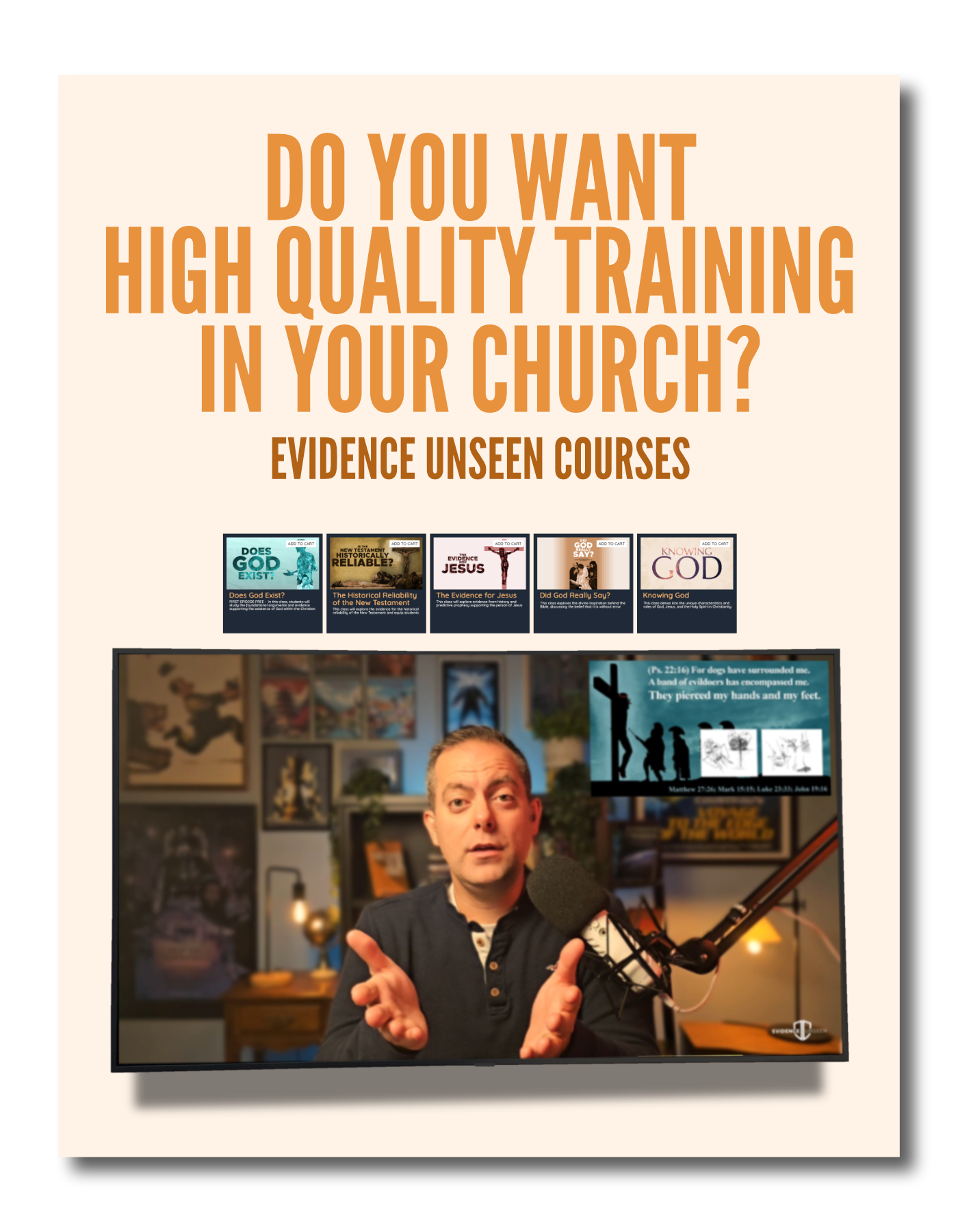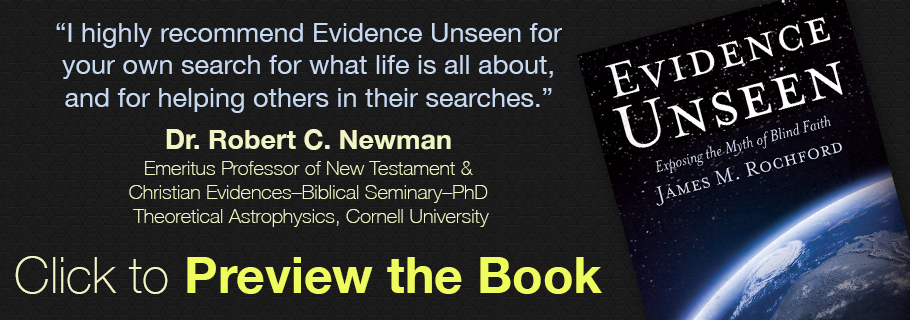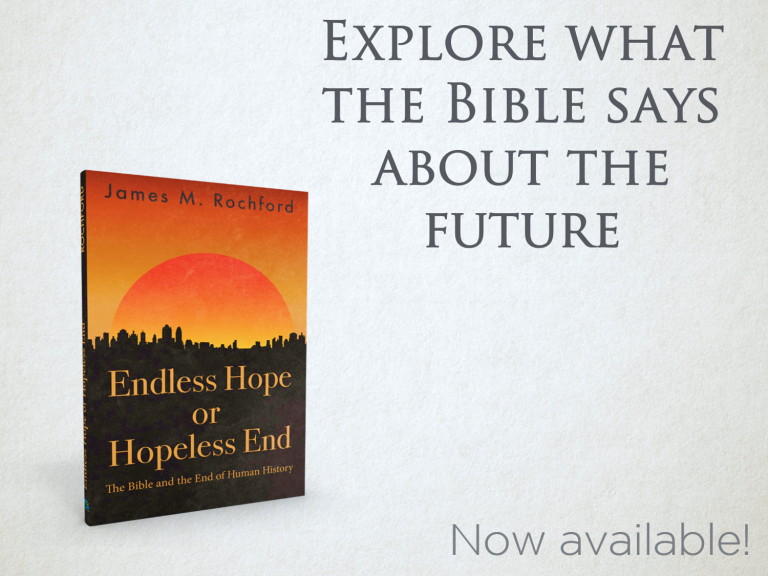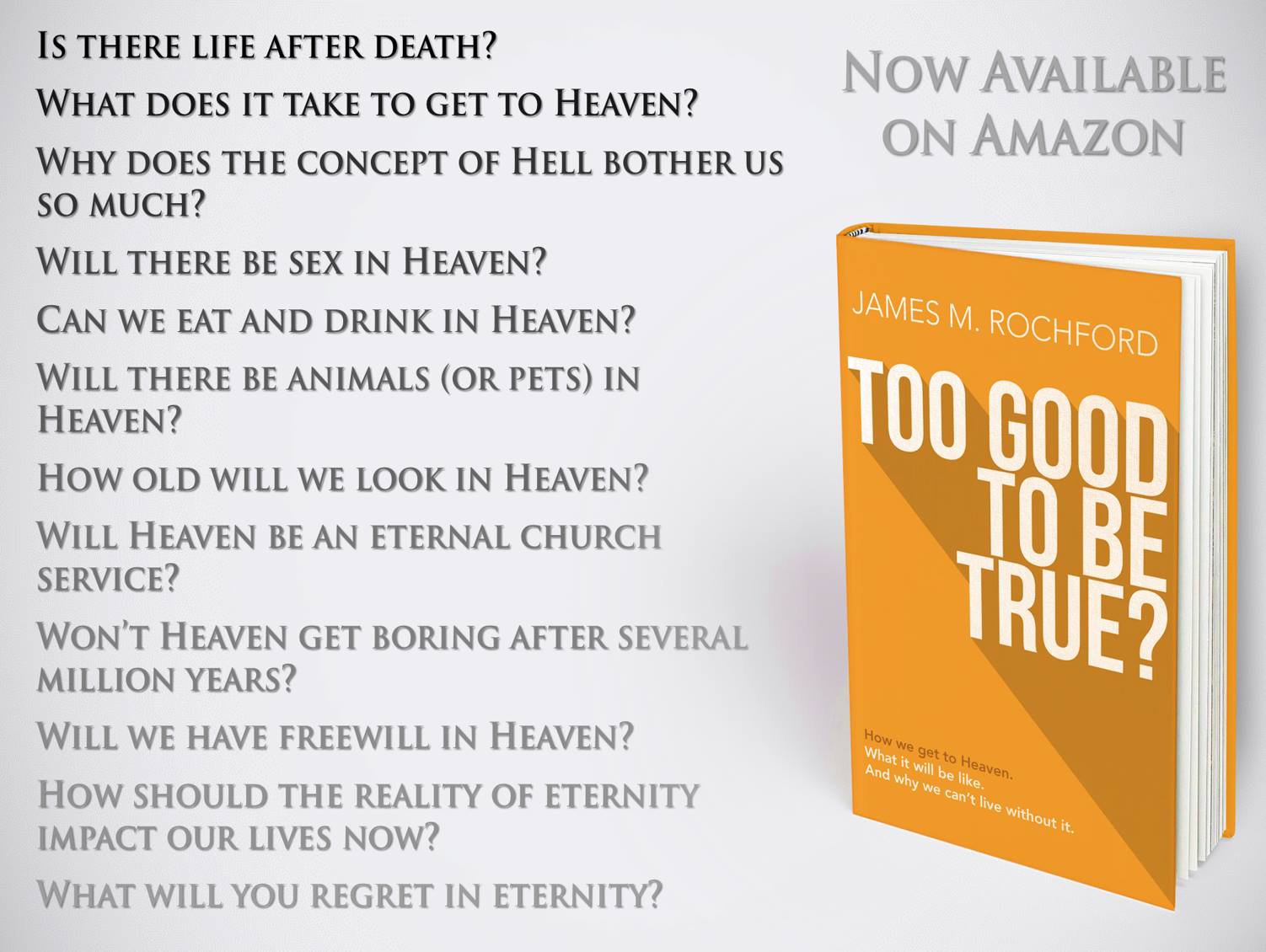1 John
 Introduction to 1, 2, & 3 John
Introduction to 1, 2, & 3 John
(1 Jn. 1:9) Is forgiveness conditional on continual confession?
(1 Jn. 2:2) Does this passage support unlimited atonement?
(1 Jn. 2:27) Do we need to be taught or not?
(1 Jn. 3:6-9) Can Christians gain sinless perfection?
(1 Jn. 3:15) Are murderers not forgiven by the blood of Christ?
(1 Jn. 4:19) Are we supposed to fear God or not? (cf. 1 Pet. 1:17)
(1 Jn. 5:7-8) Do modern translations want to avoid the Trinity?
(1 Jn. 5:16) What is the sin leading to death?
(1 Jn. 5:18) Can Christians gain sinless perfection? (cf. 1 Jn. 3:6-9)
(1 Jn. 5:20) Does this passage support the deity of Christ?
2 John
(2 Jn. 1) Who is the “chosen lady”?
3 John
(3 Jn. 9-10) Does this passage speak against church discipline or for it?
(3 Jn. 13-14) Does this passage imply that verbal tradition is greater than Scripture?
Jude
(Jude 4) Condemned beforehand?
(Jude 9, 14-15) Why does Jude quote the Assumption of Moses (v.9) and the Book of Enoch (v.14-15)?
Revelation
The Authorship of Revelation Critics since the 3rd century AD have challenged that John the apostle wrote this book. We hold that John of Zebedee—one of the Twelve—was the author.
The Date of Revelation We date the book of Revelation sometime during the reign of Emperor Domitian (AD 81-96). This historical question has important implications for the interpretation of the book. If the Domitianic dates are true,
The Genre of Revelation Many interpreters hold that the book of Revelation was written in the apocalyptic literary genre. We evaluate the merits of this view.
Different Schools of Interpreting Revelation There are four major schools of interpretation for the book of Revelation: (1) Preterism, (2) Historicism, (3) Idealism, and (4) Futurism.
Why did God make eschatology so confusing? Many people complain, “If God wanted to communicate about the end of human history, why didn’t he just give a clear, concise, and detailed account? Why do we have to appeal to hundreds of passages—scattered throughout the Bible?”
Doesn’t a futurist interpretation deny first-century readers any understanding or application? If John was writing a book about the end of human history, wouldn’t this neglect the needs of his original audience? Moreover, why would John write a book that could only be understood by a future generation—perhaps 2,000 years in the future—rather than a first-century audience?
Millennial Views At the heart of eschatology is our view of the millennium. Will Jesus literally reign on Earth for a thousand years, or is Jesus spiritually reigning from heaven or in the hearts of believers? Should we expect human history to get better with time, or worse? Does the millennium refer to a literal 1,000 year reign, or is this symbolic for the church age? Many questions confront the interpreter.
The Pretribulational Rapture In the end, it is relatively unimportant when the rapture will happen; it is more important that it will happen. However, from the evidence, it seems that the Bible teaches a pre-tribulation rapture.
A Critique of Preterism The preterite in English is the past tense. Therefore, Preterism is a view of the end of history that holds that these events have already occurred in the past.
(Rev. 1:4) What are the seven spirits mentioned here?
(Rev. 1:7) Does this passage refer to the destruction of Jerusalem in AD 70?
(Rev. 1:10) What does it mean that John was “in the Spirit”?
(Rev. 2:1) Was this an angel or the pastor of the church?
(Rev. 2:6) Who were the Nicolaitans?
(Rev. 2:7) Do we need to “overcome” to inherit eternal life? (c.f. 2:11, 17, 26; 3:5, 12, 21)
(Rev. 2:9) Synagogue of Satan?
(Rev. 2:10) What does John mean by 10 days?
(Rev. 2:17) What are the secret names and the white stones mentioned here?
(Rev. 2:28) What is the morning star?
(Rev. 3:5) Does God erase names from the book of life?
(Rev. 3:10) Does this support a pre-tribulation rapture of the church?
(Rev. 3:14) Was Christ a created being?
(Rev. 3:15-16) What does it mean to be “hot or cold” for God?
(Rev. 4:4) Who are the 24 elders mentioned here?
(Rev. 6:2) Who is the rider on the white horse? Christ or the antichrist?
(Rev. 6:9-11) Is it Christian to pray for vengeance?
(Rev. 7:1) Did the biblical authors believe in a flat earth?
(Rev. 7:4) What is the seal of God?
(Rev. 7:4) Who are the 144,000?
(Rev. 7:4-8) Why is the tribe of Dan missing from this list?
(Rev. 8:10) Is this a torch or a lamp?
(Rev. 8:10) Is this star simply an angel?
(Rev. 8:11) Why is the star called Wormwood?
(Rev. 9:1) Is this angel Satan?
(Rev. 9:13) Why are the angels “bound” to the river Euphrates?
(Rev. 11:1) Is this a literal Temple and city, or does this represent the church?
(Rev. 11:3-12) Who are the two witnesses?
(Rev. 11:5) What is the fire coming out of their mouths?
(Rev. 12:1) Who is the woman: Israel, Mary, or the Church?
(Rev. 13:1) Is the Antichrist an empire or a single individual?
(Rev. 13:3) What is the “fatal wound” mentioned here?
(Rev. 13:18) What does “666” mean?
(Rev. 14:6-7) Is this a message of forgiveness or judgment?
(Rev. 16:21) How could hailstones be this big?
(Rev. 17:5) What is the mystery of Babylon?
(Rev. 17:9) Are the “seven hills” an allusion to Rome here?
(Rev. 17:10) Who are the seven kings? Roman Emperors or World Empires?
(Rev. 20:2-3) Is Satan currently bound?
(Rev. 20:4-5) Does the “first resurrection” refer to spiritual regeneration or bodily resurrection?
(Rev. 20:7-8) Do Gog and Magog rebel before the millennium or after?



